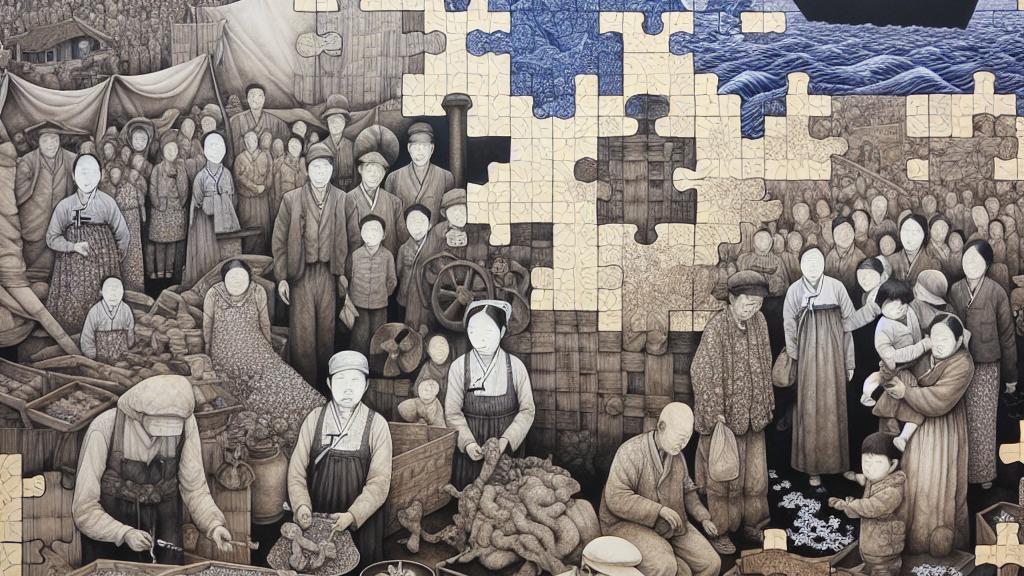The Struggles of Adoptees in South Korea's Adoption Industry
Overview
- The adoption system in South Korea has left countless adoptees in a painful search for their origins.
- Adoptees face significant challenges accessing vital personal history, often leading to emotional turmoil.
- A growing movement seeks to expose malpractice within adoption agencies and promote systemic reform.

Historical Context of Adoption in South Korea
The history of adoption in South Korea is steeped in sorrow and complexity. Following the Korean War, many families, struggling economically and socially, found themselves unable to care for their children. As a result, a surge of adoptions occurred, reaching its peak between the 1970s and 2000s, with thousands of children being sent abroad for new beginnings. This context not only shaped the lives of those adopted but also created a web of stories intertwined with loss and longing. Adoptees like Ahn Andersen have faced the daunting task of piecing together fragmented narratives of their pasts, often leading them to question their identities throughout their lives.
The Challenges Adoptees Face
Adoptees face a multitude of challenges, many of which can be disheartening and isolating. For Ahn, each visit to adoption agencies became a litany of frustration. Despite her determination to uncover her roots, she encountered obfuscation and silence instead of the clarity she sought. During six trips to Holt Children’s Services, her requests for information were met with vague responses or outright refusal, leaving her feeling powerless and disillusioned. It’s not just Ahn; many adoptees share similar struggles, facing obstacles that often feel insurmountable. Each story echoes with pain but also resilience, as they continue seeking out the truth about their origins against all odds.
Push for Reform and Recognition
Amid these challenging circumstances, a vibrant movement is emerging, advocating passionately for adoptee rights and systemic change. Organizations like the Danish Korean Rights Group have taken significant strides, highlighting the urgent need for transparency and accountability. In 2022, they presented compelling cases to the Truth and Reconciliation Commission, revealing disturbing practices that marred the adoption process, including coercive separations of parents and children. Such efforts are not merely about rectifying past wrongs; they are a clarion call for a future where adoptees like Ahn can reclaim their histories without hindrance. This push for reform not only brings hope to countless individuals but also represents a societal shift recognizing the profound importance of identity and belonging in the lives of adoptees.

Loading...